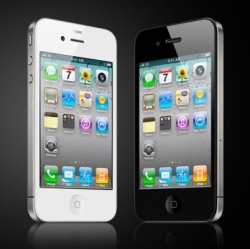
After-school coding clubs, children’s hacking weekends and fairs dedicated to science, technology, engineering and maths (Stem subjects) are starting to pop up everywhere. Already the internet economy contributes 8% to the UK’s GDP, but according to Microsoft, one-in-four IT-related jobs went unfilled in 2012.
And the world is changing. Not only will there be far fewer manual and clerical jobs – about 35% of current jobs will be automated over the next 20 years, according to a recent report – but the jobs that are left will require a far higher degree of digital know-how.
The government’s answer was to overhaul the way digital skills and computing were taught in schools – a change that happened in September. Schools have embraced the changes and, despite a shortage of suitably qualified teachers, coding software such as Scratch is now standard in classrooms, while app-building and even 3D printing are becoming commonplace.
Parents used to dragging their teenagers and toddlers away from their tablets might argue children are already immersed in the digital world and do not need any more encouragement to pick up a device. But while many will indeed be avid consumers, they often do not understand how to manipulate the underlying technology or create it themselves.
A recent report from innovation charity Nesta, Young Digital Makers, says: "As technology shapes our world, young people need to be able to shape it too. "As skills and work become increasingly technologically mediated, the need for digital skills is paramount."
Digital making should "become part of the national psyche for the next generation" a key element of youth culture, it says. More than 80% of the schoolchildren interviewed for the report said they had already made something using digital technology.
